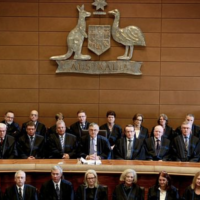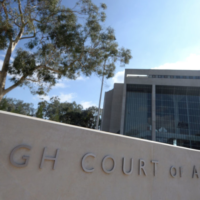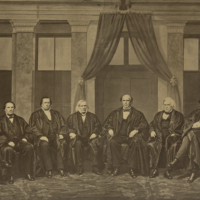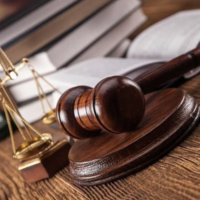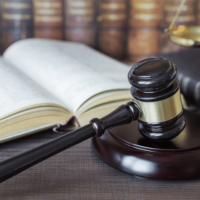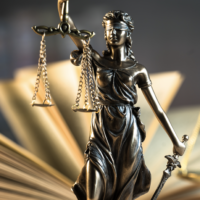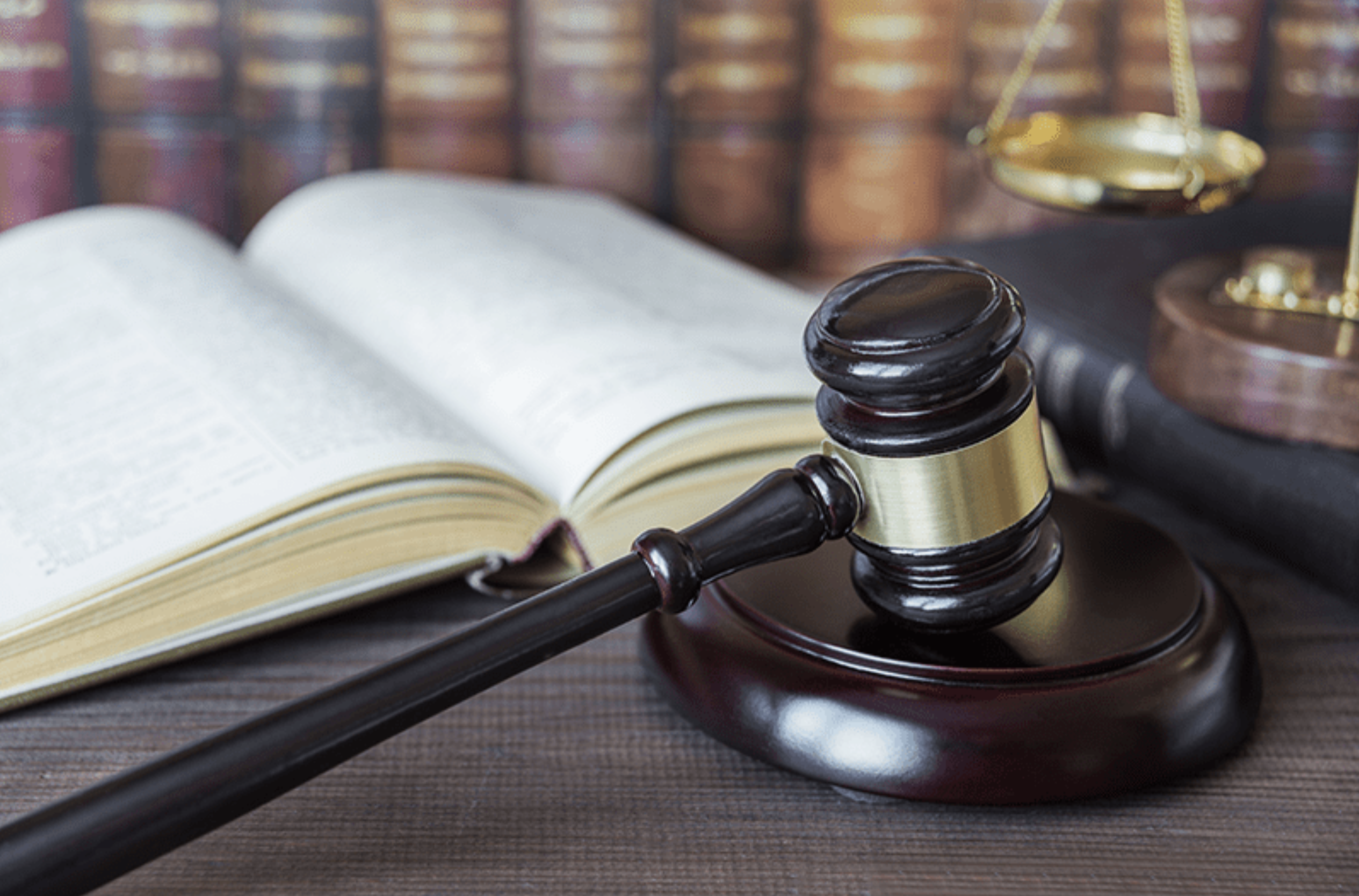
UNIFORM TAXATION CASE 1942
CHIEF JUSTICE LATHAM. [a] pretended law made in excess of power is not and never has been a law at all. Anybody in the country is entitled to disregard it. Naturally he will feel safer if he has a decision of a court in his favour –– but such a decision is not an element Read More …
